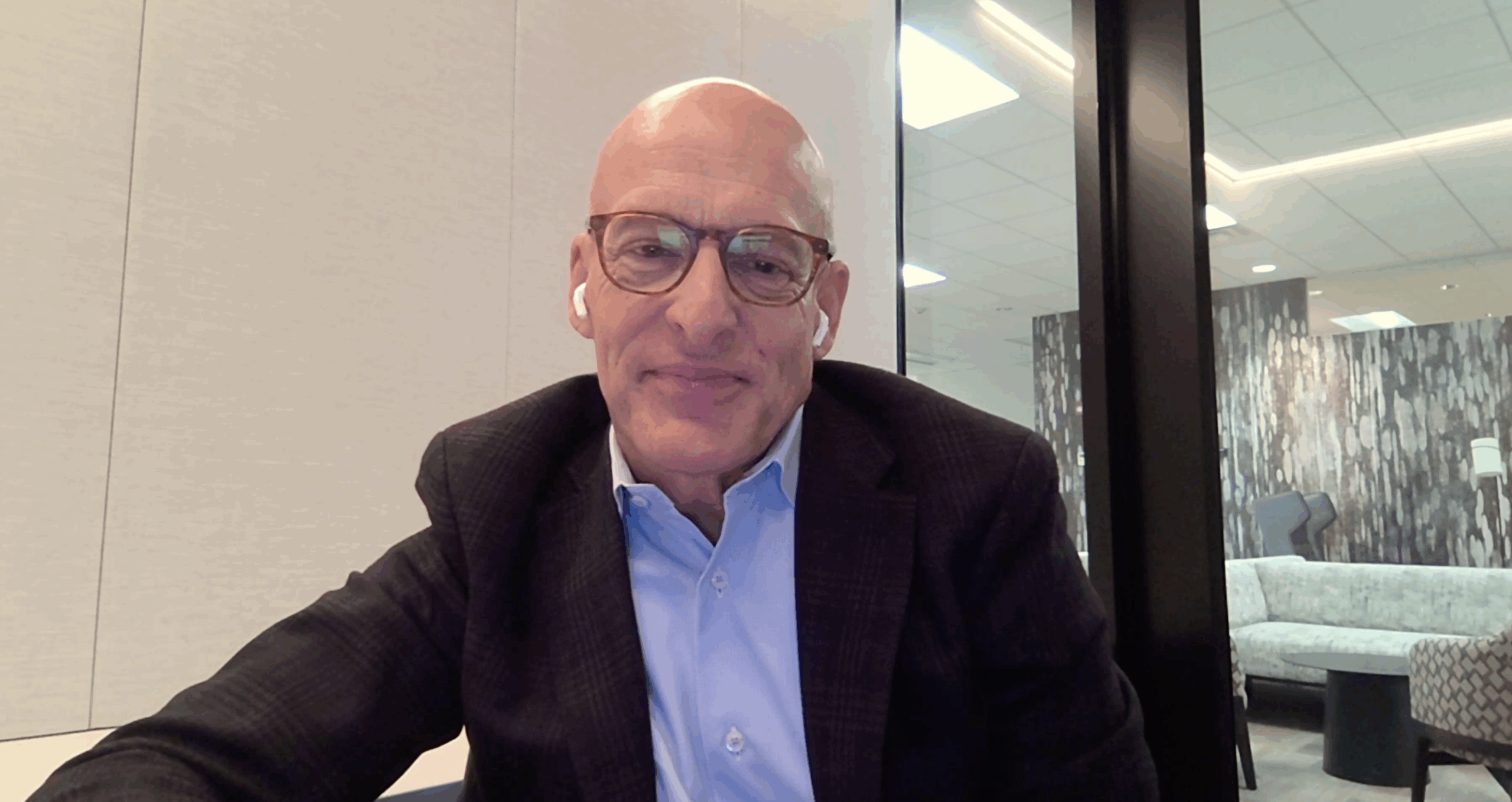Executive coaching trends in 2023 all have one thing in common: they are driven by a growing market. Executive coaching services have their work cut out for them as they strive to stay on top of dynamic industry trends that are part of this growth. In turn, HR teams should be aware of the latest skills that are empowering executives and creating competitive advantages for those organizations that are in the loop.
2023’s Most Noticeable Executive Coaching Trend
Apparently, word has gotten out about the great stats generated by executive coaching programs. With returns on investment in the neighborhood of 600% fueled by a 70% increase in the performance of the executive, the demand for executive coaches continues to grow.
This is reflected in the exceptional increase in executive coaching certification programs. With a value of USD 9.4 billion in 2022, the market is projected to keep growing at an annual rate of 11.4%, to reach USD 25 billion by 2031.
The Effect on Related Fields
Executive coaching trends are creating demand beyond L&D areas that are strictly part of this specialty. For HR, these can mean a more careful search. As you will see, a truly effective executive coaching service might need a few additional abilities to adjust to your organization’s requirements. But how do you find coaching services with strength in so many areas? You’ll need three things:
- A talent development platform that can adjust to the complicated schedules of busy bosses
- The ability to personalize courses to suit the individual skill needs of executives
- Access to a wide pool of L&D experts who have experience in coaching engagements for those specific needs
Here are a few more sectors that are bound to see expanded interest, as they are often included in executive coaching services.
Corporate Coaching
Corporate coaching involves more than one person on the executive team, and at times, every member of it. Corporate coaching is often provided as part of, or in addition to, an executive coaching engagement. This is because the improvement sought by an executive can depend on their relationship with other members of the team.
For instance, if the CFO can’t achieve their goals, it might be due to interpersonal conflict with the CEO. A corporate coach will understand the dynamics of the situation and work with the CFO to adjust their approach. Furthermore, when the whole executive group is part of the engagement, a team coaching specialty might also be useful.
Virtual Coaching
One area that is showing even more growth than executive coaching trends is virtual coaching. This market is forecast to expand from a value of USD 2.2 billion in 2022 to 6.8 billion by 2031, which equals an annual growth rate of 13.4%.
Particularly in the wake of the pandemic, when employees became accustomed to many sorts of online activity, virtual coaching is now more commonplace than ever before. For a busy executive, who might need to fit in a session with their coach between meetings or when on the road, virtual coaching is an excellent alternative.
But doesn’t everyone do virtual coaching? Perhaps yes, but not every coach is great at it. If virtual coaching is on the menu, HR needs to take care to select experts who have the right setup for it. This includes everything from well-organized materials and sessions to a quality internet connection, good lighting, and understandable voice communication.
Leadership Coaching
In the words of many believers in the Growth Mindset, most executives are leaders, but not all leaders are executives. Leaders can be found at all levels of a company, so having some existing engagements with leadership coaches might be a good way to source an executive coach.
But not any such expert will do. As with most workplace skills, executives are in constant need of upskilling to meet the demands of a modern organization. A high-level leadership coach will already have incorporated new skills into their specialties and have experience in their instruction. Among the top areas for executive and leadership development for 2023 are influencing behavior change, social intelligence, and problem-solving.
Mastery Platforms
Also known as capability academies, mastery platforms represent the evolution of workplace L&D programs. The industry has gone from a traditional learning environment, with formal settings and an LMS catalog, to self-directed learning, which often consist of open-source, individualized programs. The next phase is the mastery platform, which features:
- Mastery learning – step-by-step instruction that requires expertise in one area before progressing to another, with the pace of learning set by the employee
- Power skills – today’s most important soft skills, often cited through recommendation by an organization’s executives and external experts, which are also called “business capabilities”
- Scalable, expert instruction – L&D through professionals who are experts at coaching, mentoring, or in a certain technical area, as well as being knowledgeable in specialist subjects, and who can be hired at scale or provide quality instruction to groups
- Multiple settings – L&D conducted through whatever medium is the most effective and convenient for all stakeholders
- Evaluation systems – feedback and ratings that look at the performance of the employee, the expert, and the course itself
Artificial Intelligence
If you’ve ever heard of a SWOT analysis, then you might describe artificial intelligence as both a threat and an opportunity. According to the WEF, there will be an overall loss of jobs due to the replacement of human workers with AI-enabled functions. However, executives who are ahead of the curve will be able to leverage the technology to provide advantages such as:
- Better decision-making
- Predictive modeling
- Elimination of repetitive tasks leading to increased efficiency
- Personalized customer experiences
The key to understanding AI on a holistic level, and to obtain these advantages, is learning and development. Through executive coaching, top leaders can quickly gain expertise in areas such as:
- Personal AI literacy
- Hiring and working with AI specialists
- Managing ethical effects
- Using AI in strategic moves
- Spreading comprehension and use of AI throughout the organization
What’s in Store for 2024?
The amazing growth in executive coaching services might just be the start of an across-the-board surge in demand for coaching in general. With new technologies and approaches, look for organizations to begin coaching initiatives at more levels in order to bring out the greatness in every employee.




